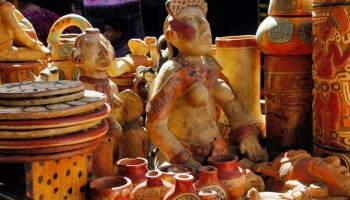The appeal followed the publication of a new study that was compiled by CoE’s Group of Experts on Action against Trafficking in Human Beings (GRETA).
The study found that the country has improved its frameworks to prevent trafficking, recruited a specialized police unit, and appointed specialized prosecutors to process these cases.
Ukraine has also increased awareness raising on trafficking and identifying and helping victims of trafficking.
However, there are still areas where GRETA noted authorities need to put more focus in order to further tackle the issue.
This includes more being done to prevent the trafficking in children in institutions, on the streets, in Roma communities, and refugee children, the group said in the report.
“GRETA also remains concerned by the increased vulnerability to trafficking among the internally displaced persons from Crimea and from the Eastern Ukrainian regions affected by the on-going armed conflict,” it said.
The CoE pushed for survivors of trafficking not to be punished for involvement in illegal activities if they were forced to. Ukraine has to enshrine this into law, it said.
Traffickers usually take their Ukrainian victims to Russia, Poland, Turkey, Germany, Israel or the United Arab Emirates, according to the report.
Most victims are enslaved for labor and sexual exploitation as well as begging. Of the over 400 victims of trafficking identified by the Ukrainian Ministry for Social Policy, 17 were trafficked and forced into crime, while six were trafficked for organ removal. The report found that these victims are all Ukrainian nationals.
Victims are increasingly recruited by traffickers using the internet such as job adverts online and on social media platforms. The group found that there has been an increase in the trafficking of people with disabilities who are forced to beg.
The CoE’s findings follow a 2014 report in regards to the Council’s Convention of Action against Trafficking in Human Beings.






